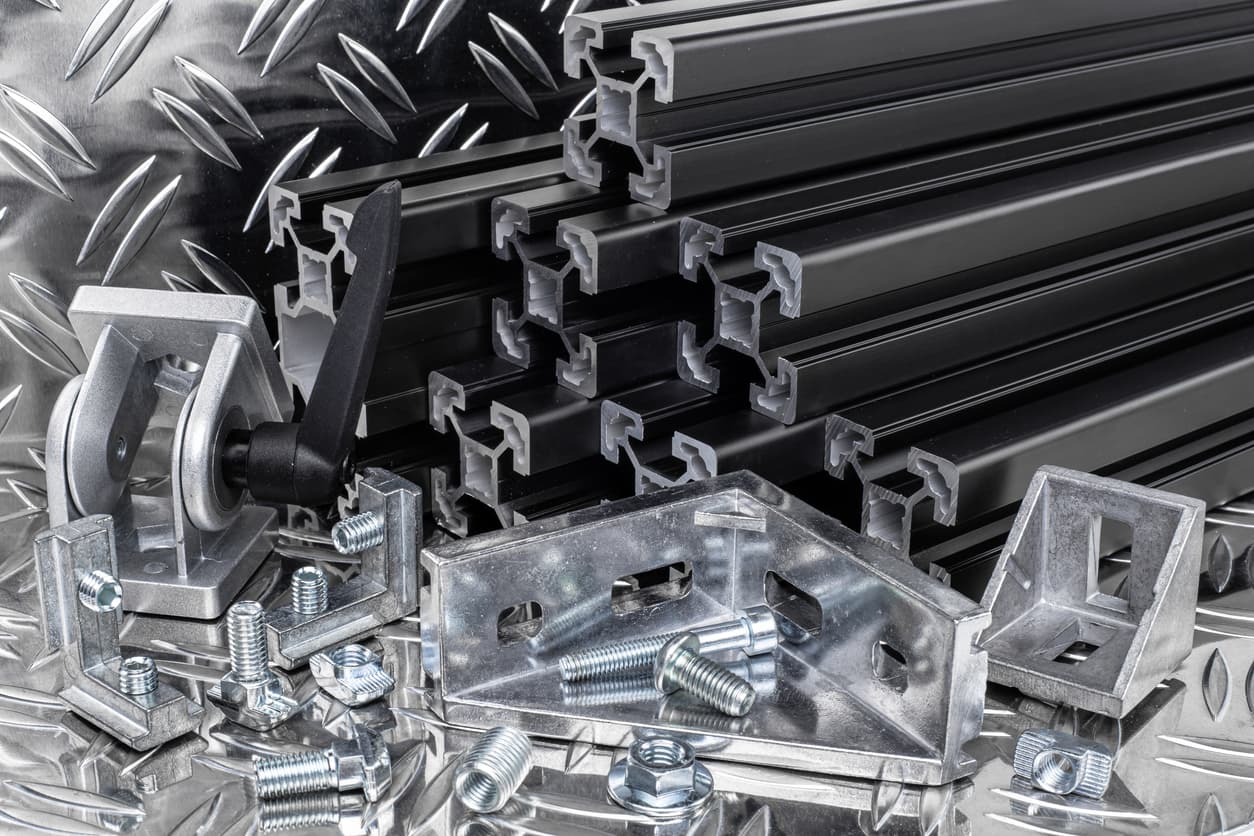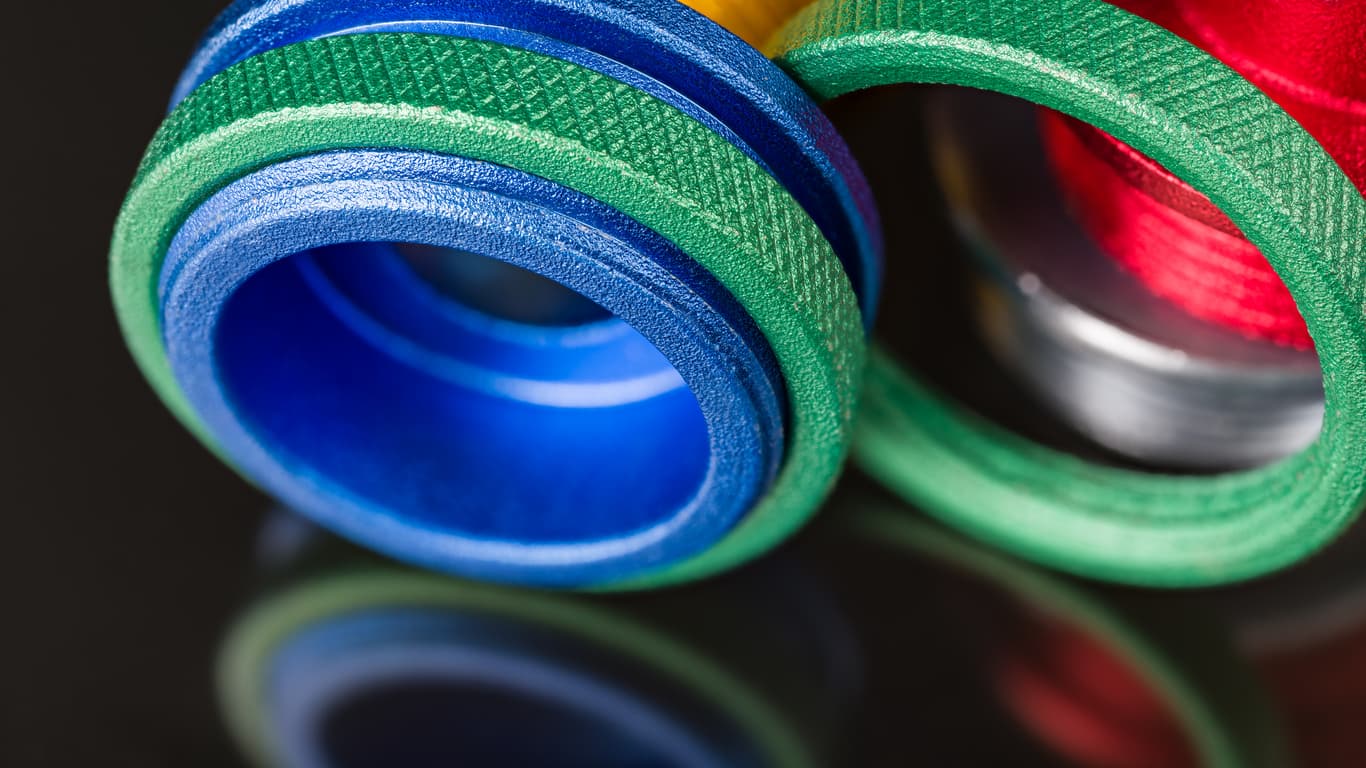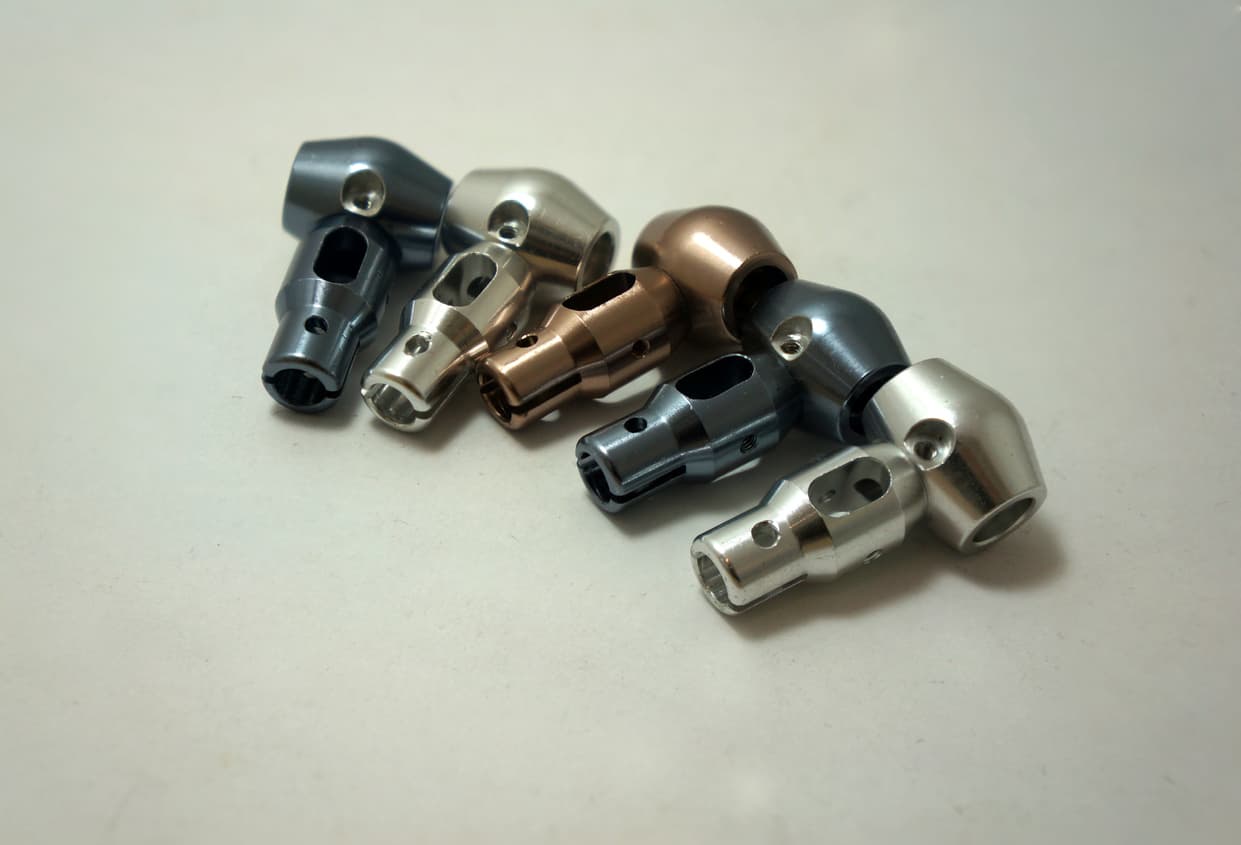A Guide to Anodising (and why It’s so Important in Investment Casting)
Sometimes, investment castings require additional treatments and processes, including surface treatments like anodising. In this article, we’re looking into what this technique is, what it does, and the advantages it can offer to your project.
As an investment casting company with years of experience, you can expect us to deliver high-quality products that perform to your exact specifications, so take a look at how anodising can make this happen.

What is Anodising?
Simply put, this process enhances the properties of a specific metal by using an electrolyte to create an oxide layer on the surface of the material. Before anodising a metal, it's important to clean it well first then place the material in an acid bath. The electric current is then applied, which creates the coating.
Anodising can be used with different materials, including titanium and magnesium, but it’s mainly used with aluminium; it changes the surface chemistry of the metal and enhances its properties.
The coating that forms through this process ranges in thickness from 5 to 30µm and can also serve as decoration – this means that anodising is not just used when you want to improve certain features of metal, but also when you want it to look a certain way.
When creating parts to be anodised, it’s important to consider a few things, such as their size, since the process can make the castings slightly bigger. Additionally, conductivity is also affected when a component is anodised. It may be difficult to colour match different parts – this doesn’t mean it’s impossible, so speak to us if you need all assembly parts to have the same hue.
The Benefits of Anodising
While not all parts will need additional treatments, processes and finishes, some can greatly benefit from them, including anodising. There are several reasons for choosing this technique, including the following:
Enhance the Corrosion Resistance of a Casting
Anodising, which is typically done with aluminium, can lead to a more corrosion-resistant surface than aluminium that hasn’t undergone this process.
This can give you peace of mind that your parts will stand the test of time, especially if they’re placed in harsh environments, such as those found in the marine sector, for example.
Boost Resistance to Scratches and Wear and Tear
Another benefit of anodising is how it can extend the lifespan of your castings by increasing their durability. Anodised parts are more resistant to scratching, so they’re suitable for high-pressure settings. They can also withstand the passage of time more efficiently, and help you save money when it comes to maintenance and operating costs.
Also, because the anodising process creates an oxide layer, the metal underneath is safer from UV rays as well, meaning it can maintain its original appearance for longer.

Improve the Visual Appeal of the Part
Anodising is also a great way to create a visually attractive product, as it also allows you the opportunity to choose different colours. Aluminium can also keep its metallic look, which is another reason to consider this surface treatment.
Easier to Maintain
It's also simple and easy to maintain anodised parts, as they can be cleaned with mild soap and water, for instance, which will restore their original glossy appearance.
Makes a Great Base for Paint
If you’re interested in colouring a part, then having it anodised (if, of course, the component needs it) makes it easier for the paint to adhere to the surface.
Other Benefits
There are so many advantages of anodising that it’s impossible to name them all! A few others include:
- Resistance to colour fading
- Resistance to abrasive substances
- Provides a uniform finish to all types of parts, even if they’re complex
- Suitable for high traffic areas
- Ideal for heavy machinery
Anodising Applications
Anodising has many different applications, as it’s a popular technique used in a range of markets, including architecture, electronics, technology, consumer goods and sports.
You’ll even find anodised parts in space, since satellites are made up of components that have undergone this widely used process. Your computer and phone are also likely to have anodised components, as do your home appliances and many of the buildings around you (in the windows, lifts, ceilings, and more).
Anodised aluminium, in specific, is considered to be safe and non-toxic so you can find it in many different places, such as jewellery, sporting equipment, furniture and kitchens.

Overall, anodised castings can be used in many commercial, industrial and consumer items, and Dean Group offers them as part of our services. This is because we can provide several key additional processes at our foundry, including surface finishes, so we’re a one-stop-shop for all your castings.
Call us on 0161 775 1633 or send us a message at sales@deangroup-int.co.uk, and we’ll be happy to discuss your project.
Registered in England VAT No: 146307478 Company Registration No: 1062820




